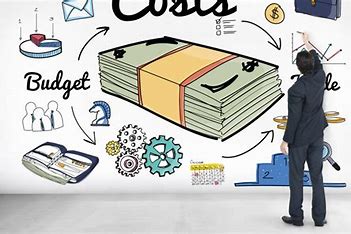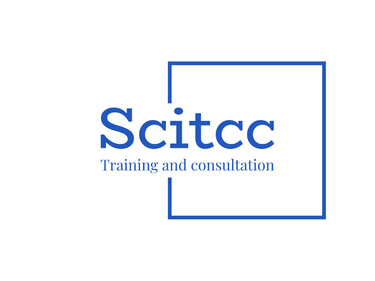
Setting Effective Budgets and Cost Control
Setting Effective Budgets and Cost Control
$3500.00
Day One: Introduction to Budgets and Costs
Today's goals:
Introducing the participants to the basic concept of budgets and the importance of budgeting.
Review of the different types of budgets (such as the general budget, project budget, production budget, revenue and expenditure budget).
The relationship between budgets and cost control.
Content:
Definition of the budget and its objectives.
Types of budgets in institutions.
The difference between budgeting and financial control.
The legal and regulatory foundations of budgets.
Day Two: Preparing the Effective Budget
Today's goals:
Learn how to prepare a budget based on activities and financial forecasts.
Identifying financial forecasting methods and using them in budgeting.
Understanding the importance of forecasting in setting an effective budget.
Content:
Methods of budget preparation (activity-based, forecast-based, and fixed-base budgeting).
Analyzing past financial data and using it for forecasting.
How to prioritize financials in budget preparation.
Day three: Financial analysis and cost control
Today's goals:
Identifying financial analysis methods for measuring performance.
Learn how to use cost control tools.
Learn how to compare actual costs with budgeted costs.
Content:
Financial performance indicators (ROA, ROI, etc.).
Cost control tools (such as gap analysis).
Comparing actual costs with estimated costs and interpreting the variances.
Preparing cost control reports.
Day Four: Modern Systems in Cost Control
Today's goals:
Familiarization with modern systems used in cost control, such as ERP systems.
Learn how to integrate budgeting with the institution's financial system.
Content:
Modern accounting systems for cost control.
Integration of the budget with accounting systems.
How to use specialized software tools for budget analysis.
Day five: Evaluation and practical application
Today's goals:
Applying what has been learned over the past few days in practical scenarios.
Evaluation of financial and regulatory performance based on the budget.
Content:
A practical training session to apply budgeting techniques and cost control.
Analysis and study of practical cases directed at the participants.
Discussion of the challenges that professionals in this field may face.
The general objectives of the course:
Empowering participants to create effective and appropriate financial budgets.
Enhancing cost control skills and analyzing financial variances.
Providing tools and techniques to enhance the efficiency of financial performance in institutions.
Developing a deep understanding of control tools and financial data analysis.
Target audience of the course:
Financial accountants.
Budget and financial planning managers.
Internal audit department employees.
Those interested in developing their skills in the field of financial analysis and control.
Business owners or executive teams interested in improving cost management.
Learning method:
The theoretical method: Lectures explaining the basic concepts and financial principles related to budgets.
The practical method: Applying exercises and case studies to solve financial problems in institutions.
Group interaction: Workshops that include discussions and open dialogues among participants to exchange ideas and experiences.


